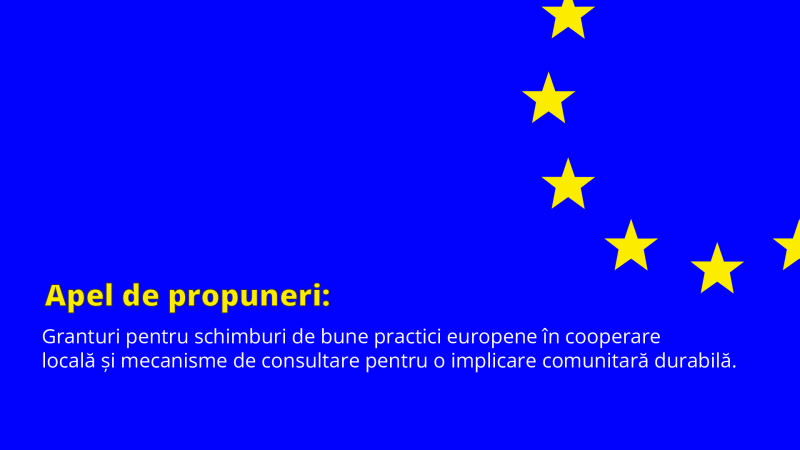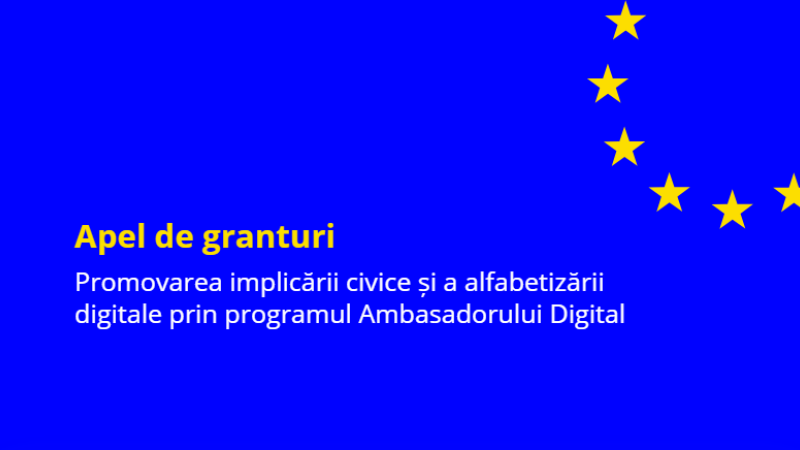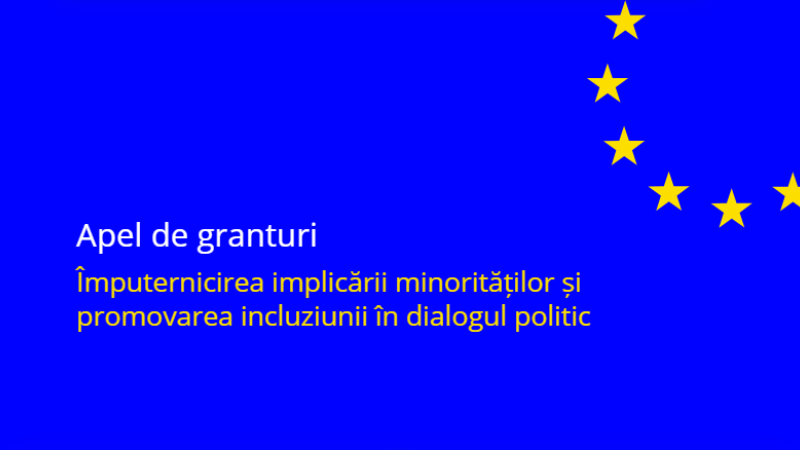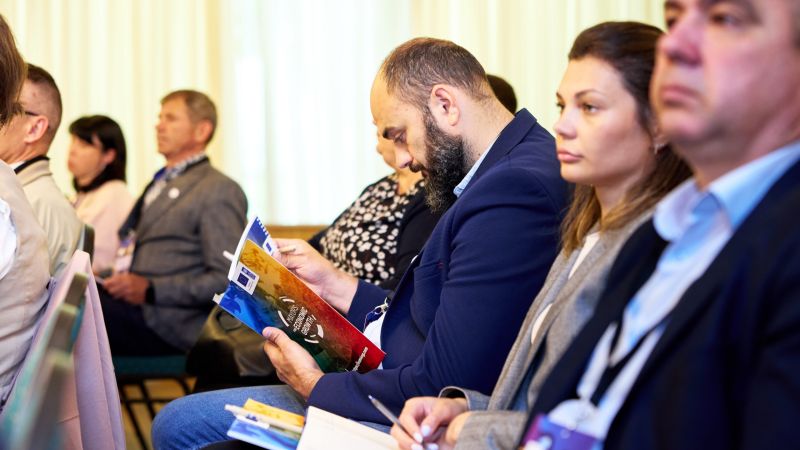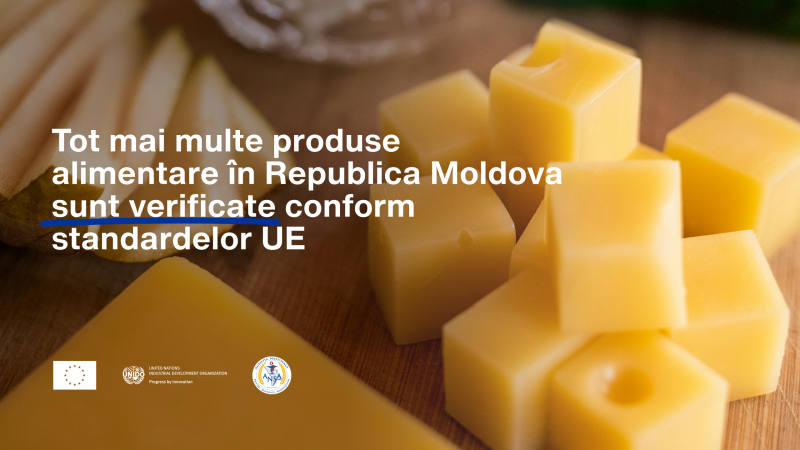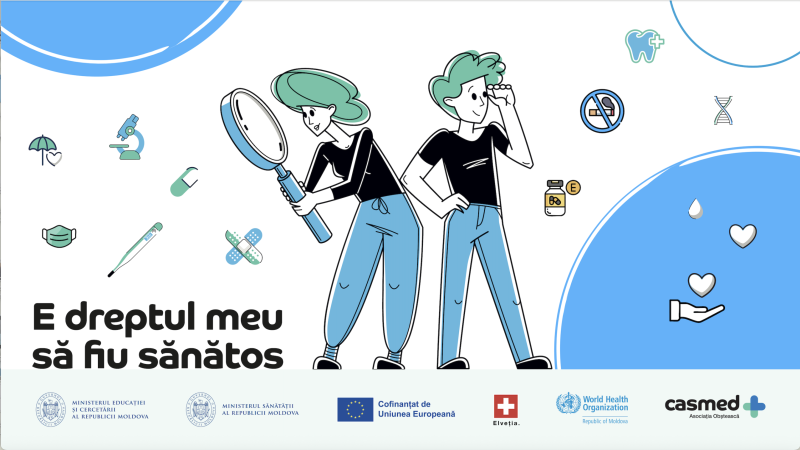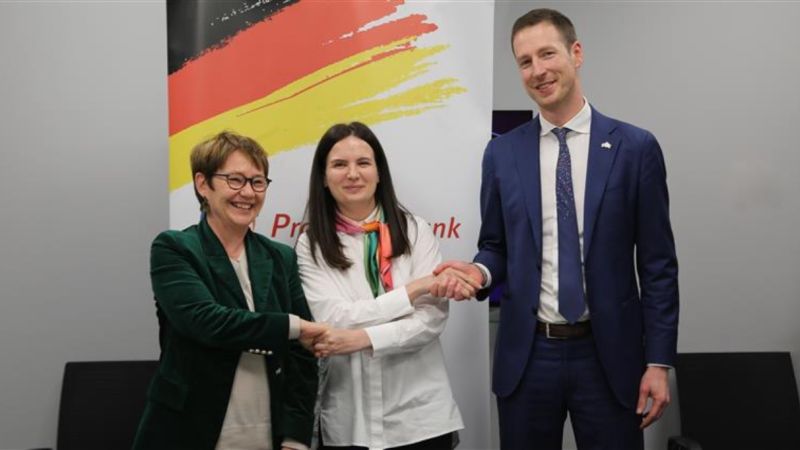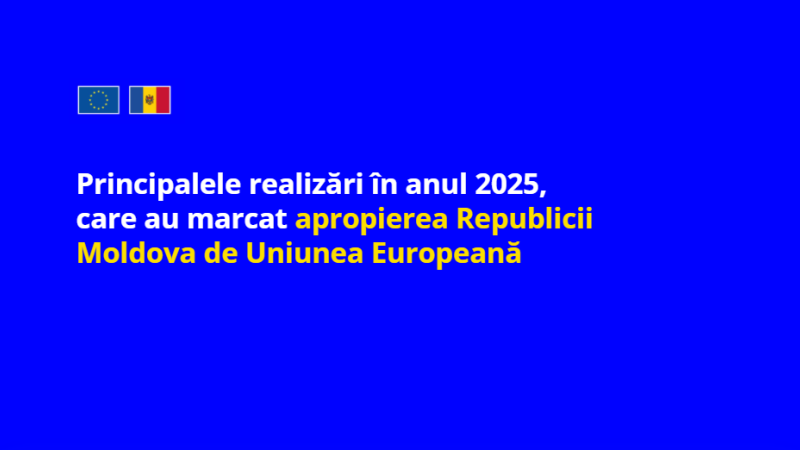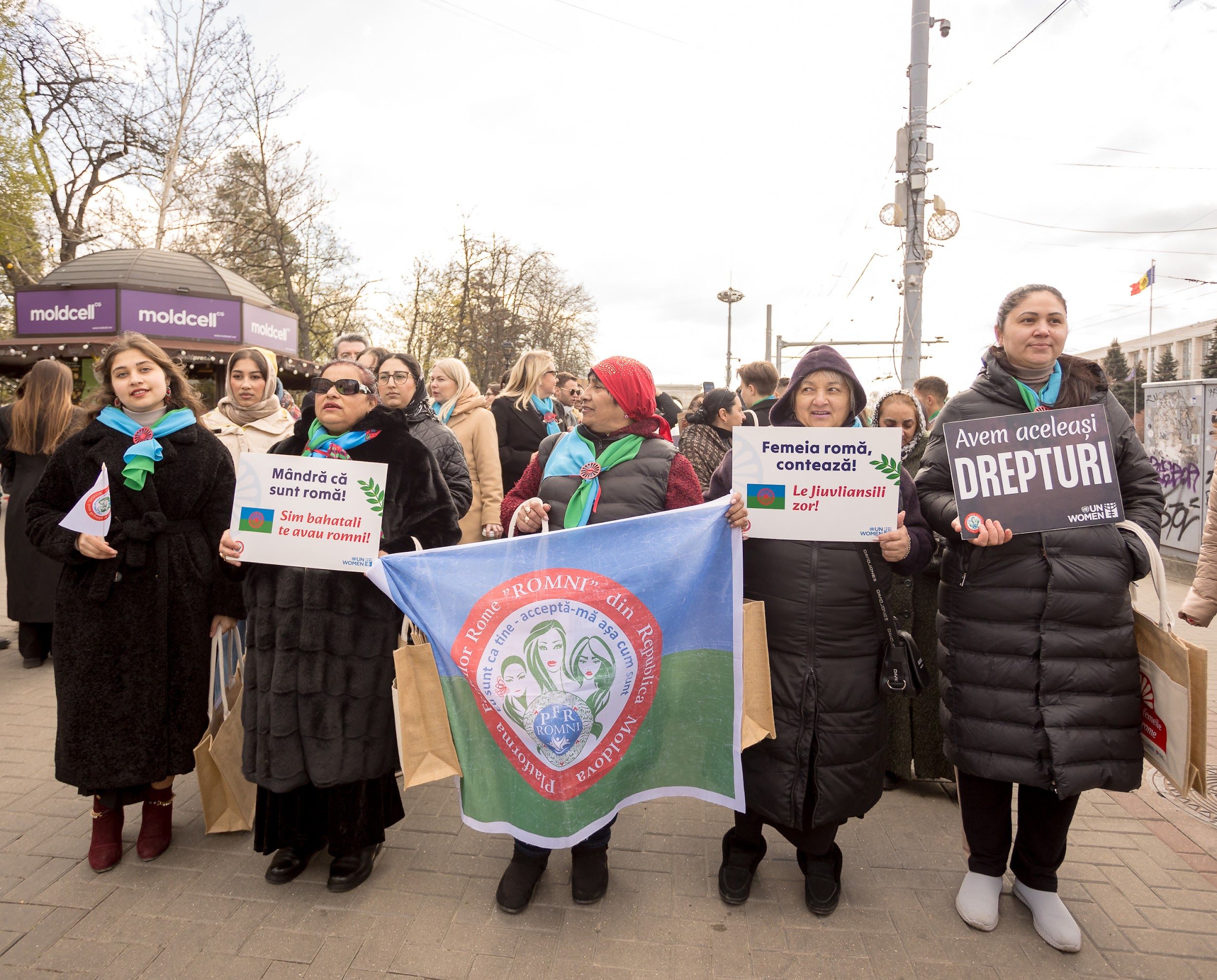
Delegația UE și UN Women Moldova au susținut Marșul Femeilor Rome pentru drepturi, egalitate și incluziune
De Ziua Internațională a Romilor, peste o sută de femei rome din Moldova și Ucraina, alături de susținători, s-au adunat la o demonstrație publică de solidaritate în cadrul celei de-a cincea ediții a Marșului Femeilor Rome. Evenimentul a fost organizat de Platforma Femeilor Rome „ROMNI”, în colaborare cu UN Women Moldova și cu sprijinul financiar al Uniunii Europene, prin proiectul EVOLVE4GE, și cu susținerea Ambasadei Suediei în Moldova.
Desfășurat în cadrul „Amare Amala: Săptămâna Culturii Rome”, marșul de anul acesta a celebrat identitatea și cultura romă, dar și forța acțiunii colective, atrăgând atenția asupra inegalităților sistemice și stereotipurilor etnice cu care încă se confruntă femeile și fetele rome. Potrivit recensământului din 2024, comunitatea romă reprezintă 0,4% din populația totală a Republicii Moldova, estimată la 2,4 milioane.
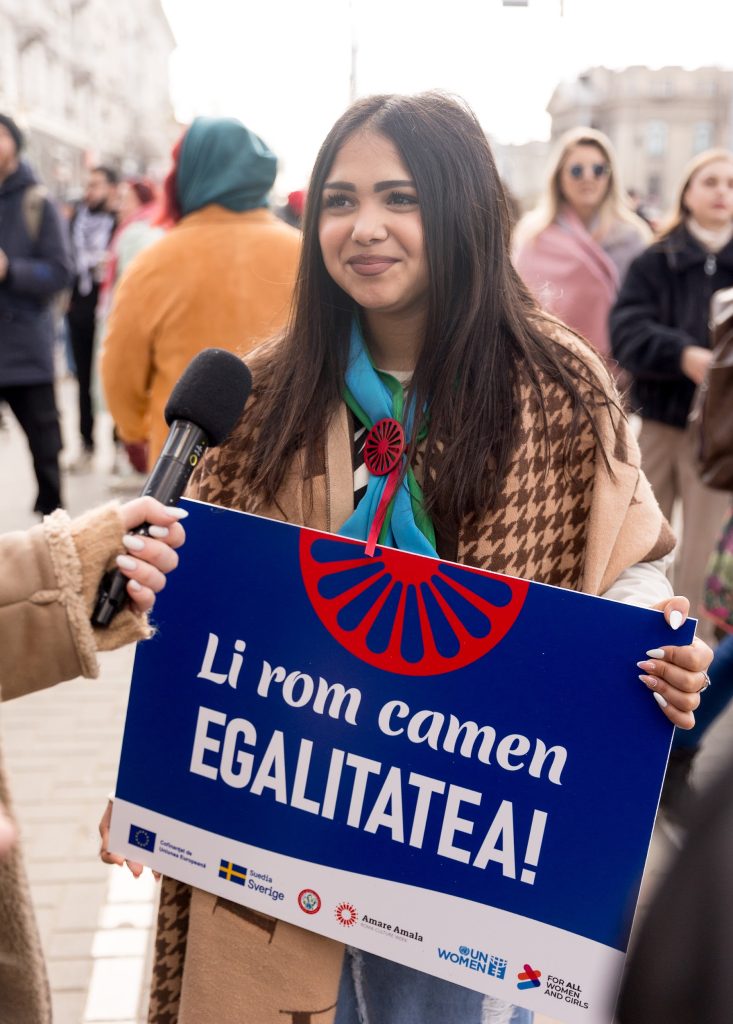
Deși s-au înregistrat progrese în politicile privind drepturile omului, femeile rome continuă să se confrunte cu discriminare multiplă și intersectată, care le limitează accesul la sănătate, educație, muncă și justiție, amplificând riscurile de violență bazată pe gen. Femeile rome refugiate din Ucraina se numără printre cele mai vulnerabile, fiind expuse riscurilor de trafic și exploatare.
Președinta Platformei „ROMNI”, Elena Sîrbu, a deschis marșul cu un mesaj de solidaritate: „Marșul de azi nu este doar un gest simbolic, ci un apel colectiv la justiție, demnitate și egalitate. Femeile rome sunt forță, reziliență și voce. Ne ridicăm împreună și muncim pentru o societate în care nicio femeie nu este lăsată în urmă. Femeile rome sunt ca voi – femeile rome au aceleași drepturi!”
„Acest marș este o dovadă puternică că femeile rome nu doar cer egalitate, ci conduc drumul spre ea,” a declarat Dominika Stojanoska, Reprezentanta UN Women Moldova. „Liderismul, curajul și experiențele lor de viață trebuie să stea în centrul eforturilor noastre pentru o societate echitabilă și incluzivă. UN Women susține femeile și fetele rome, nu doar azi, ci în fiecare zi.”
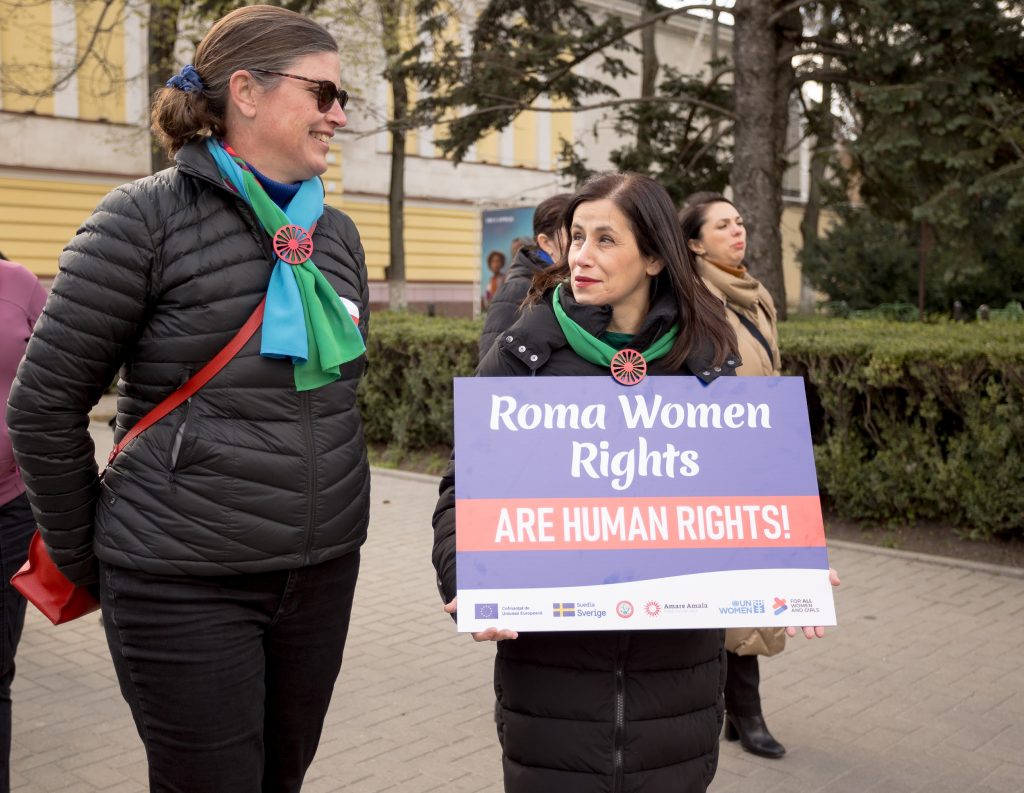
Evenimentul a inclus o oprire simbolică în fața Parlamentului, unde participantele au transmis mesaje despre situația femeilor rome din țară. Tinerele rome au evidențiat importanța educației pentru fete, iar reprezentantele Platformei ROMNI au prezentat cerințe și apeluri concrete pentru întărirea angajamentului instituțional privind incluziunea romilor, egalitatea de gen și protecția împotriva violenței.
Marșul s-a încheiat cu o prestație emoționantă în fața Parlamentului, susținută de tinere rome, care au ilustrat diferențele de șanse dintre femeile rome și cele nerome.
Participantele au împărtășit motivațiile lor: „Când m-am întors din Germania și am vrut să mă înscriu la liceu, am fost respinsă inițial. Acum, lucrurile s-au schimbat – suntem mai acceptate. Astăzi am multe prietene și ne tratăm ca egale,” a declarat Erica, o tânără de 17 ani din Otaci.
„Nu doar femeile rome se confruntă cu prejudecăți, ci toate femeile, iar pentru cele din comunitatea noastră este și mai dificil. De aceea am venit,” a spus Samir, un tânăr de 21 de ani din Chișinău.
După marș, UN Women Moldova a organizat o sesiune de informare pentru femeile și fetele rome, oferindu-le spațiu de împărtășire a experiențelor și acces la informații utile despre drepturile lor și alte teme relevante.
Marșul a fost precedat de Forumul Internațional „Cooperarea europeană pentru incluziunea romilor: De la politici la acțiune”, organizat în perioada 2–3 aprilie. UN Women Moldova a participat la discuții privind implicarea femeilor rome în procesele decizionale și importanța guvernării incluzive.
Prin implicarea sa activă, UN Women Moldova își reafirmă angajamentul de a amplifica vocile femeilor rome și de a promova o societate fără discriminare, în care nicio femeie sau fată nu este lăsată în urmă.
